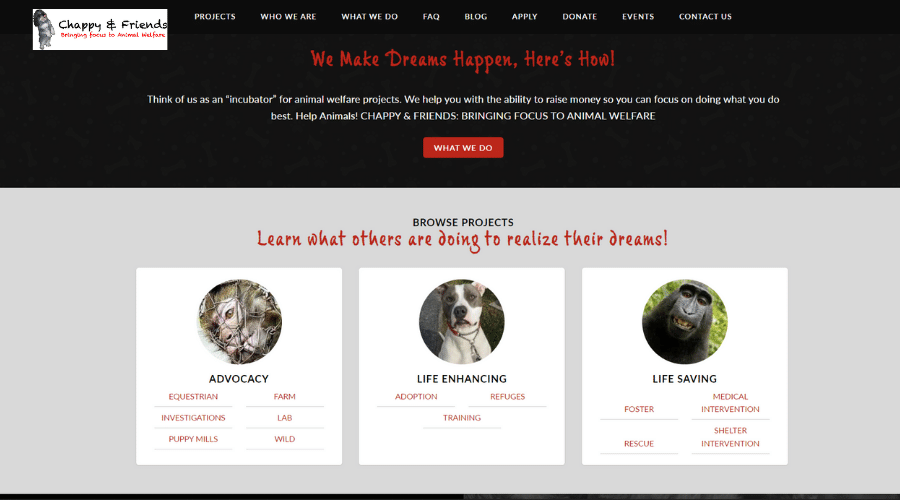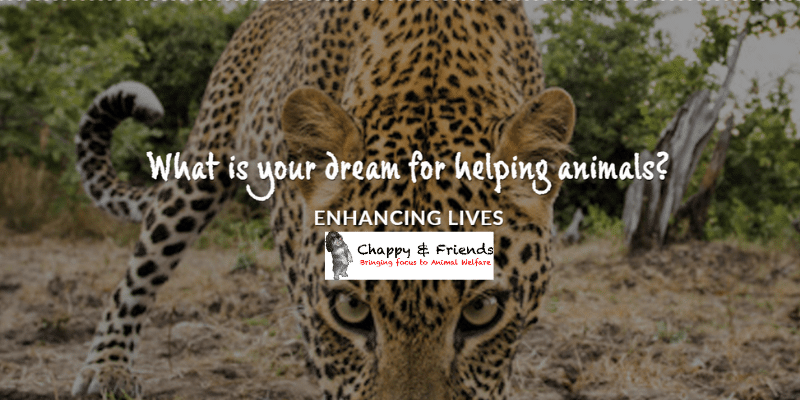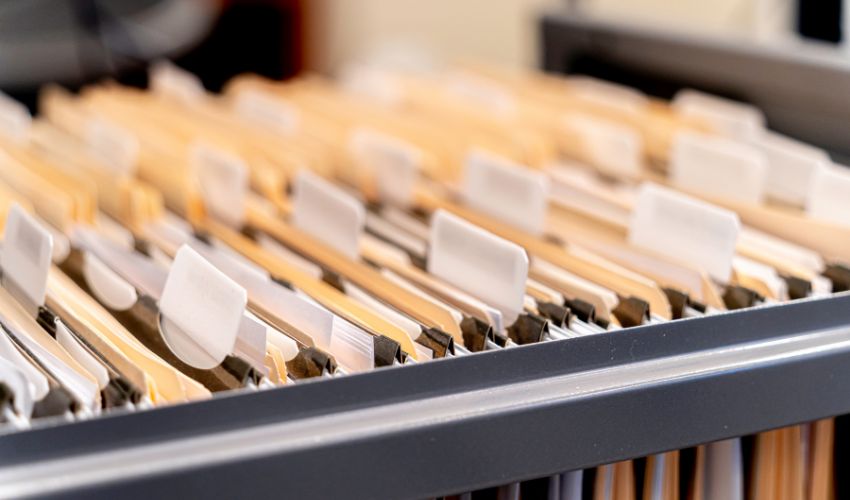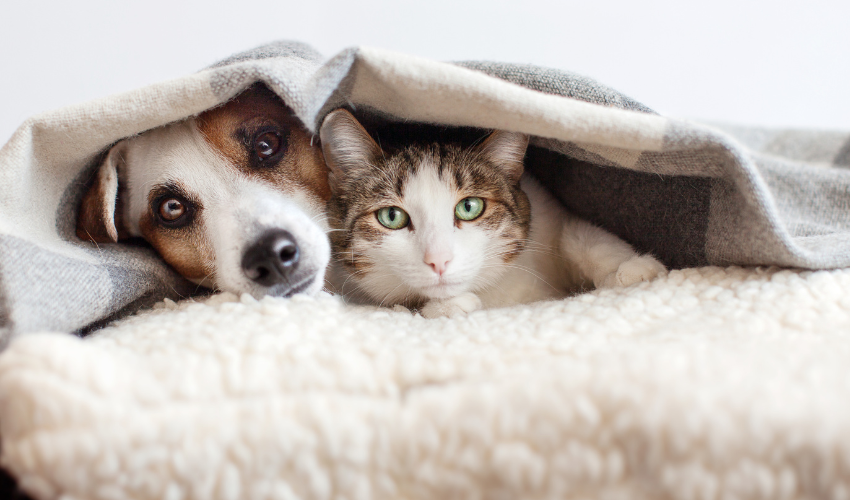Want professional backing that lets you focus on your passion for animals?
Chappy & Friends is your answer.
Founded by Robert Bills, Chappy & Friends is a 501(c)(3) umbrella organization that ignites grassroots animal welfare projects.
They primarily do this through sponsorships, where they “lend” their tax-exempt status for these individual projects’ fundraising purposes.
According to Robert,
“I saw a corollary between an organization [during my theatre days] that went and found out small theater companies or artists doing public works. Then they bring them under their wings so they can raise money on a tax-deductible basis. And once I saw that, I thought that would work with people in animal welfare on the front lines.”
Chappy & Friends as an “Incubator” for Animal Welfare

As someone who has been in theatre in his younger years, Robert played with Amy Poehler & Tina Fey in The Second City Conservatory.
It was at this time that he saw the “incubator” concept at play and thought it would be beneficial for people in the pet space.
“A lot of people in animal welfare are extremely good at what they do on the front lines. But, they are either afraid of the IRS or don’t want to actually have to go out and get their own 501(c)(3).”
he shared.
There are a lot of things and costs one needs to set up a 501(c)(3) organization and maintain it. Because of this, Robert thought having something like Chappy & Friends would be a great way to help animal welfare organizations.
“I’d say about half the people that we bring in under our wing are on their way to getting a 501(c)(3). But at least, it allows them to raise money in the meantime while getting the paperwork done.”
Robert’s goal through Chappy & Friends is to help everyone who wants to do something for animals and doesn’t know how or can’t afford to get started.
So if you’re a grassroots group aiming to rise up to respond to animal abuse and suffering across the U.S., why not get started with Chappy & Friends?
Learn more about Chappy & Friends!
Visit their website at https://chappyandfriends.org/.















